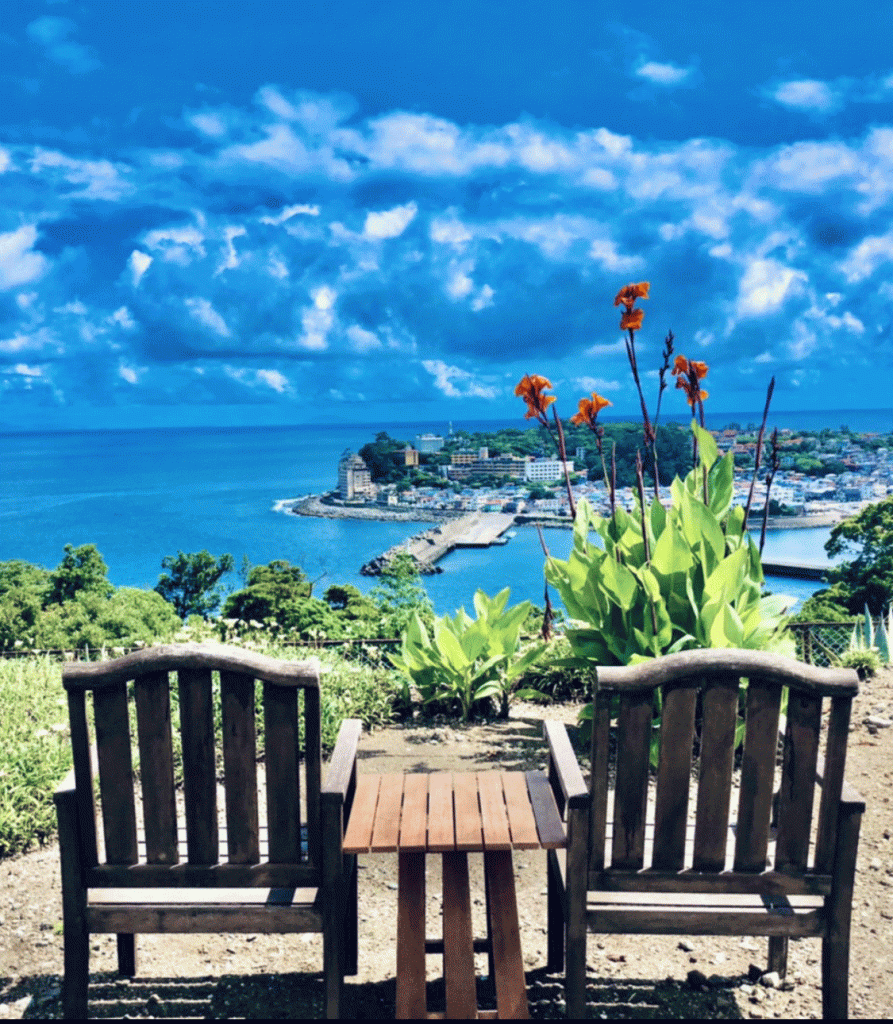
A wooden back chair placed in the open field on a hill, a canna blooming in front of it, a fishing port below and the ocean beyond it, a large lump of village clouds in the sky, etc. I want to somehow lock them in the words of 575. People have long used pictures, music, and words to express what they felt from the so-called five senses of sight, hearing, touch, taste, and smell, but it is still the most difficult to express in words. Pictures and music also appeal directly to the sight and hearing, whereas words can only appeal indirectly. The sensibility of the Japanese who challenged haiku, the shortest poem in the world, depends on the characteristics of Japanese. As you can see from the dictionary, the explanation of Japanese words is one or two lines, while the explanation of English words is several pages long. Chinese poetry also has short poems with five words and seven words, but the number of sounds is much larger than that of haiku. So, although it may not be a right idea, photo haiku was born.
高台の露地に置かれた木製の背もたれ椅子、目の前に咲くカンナ、眼下の漁港とその先に広がる大海原、空には大きな塊になった村雲、カンバスに描けば一目瞭然の景色を何とか五七五の言葉に閉じ込めたい。人は昔から、視覚、聴覚、触覚、味覚、嗅覚のいわゆる五感から感じとったものを絵にし、音にし、言葉で表してきましたが、やはり言葉で表すのがいちばん難しい。絵や音楽はまた直接五感に訴えるのに対して、言葉は間接的にしか訴えられないからです。世界最短の詩、俳句に挑戦した日本人の感性は日本語の特性にあります。辞書を見れば分かる通り、日本語の単語の説明は一行か二行、これに対して英単語の説明は、長いのになると数ページにわたります。漢詩も五言絶句、七言絶句の短い詩がありますが、音の数は俳句に比べたら遥かに多い。だから、邪道かもしれませんが、写真俳句(写俳)が生まれました。
